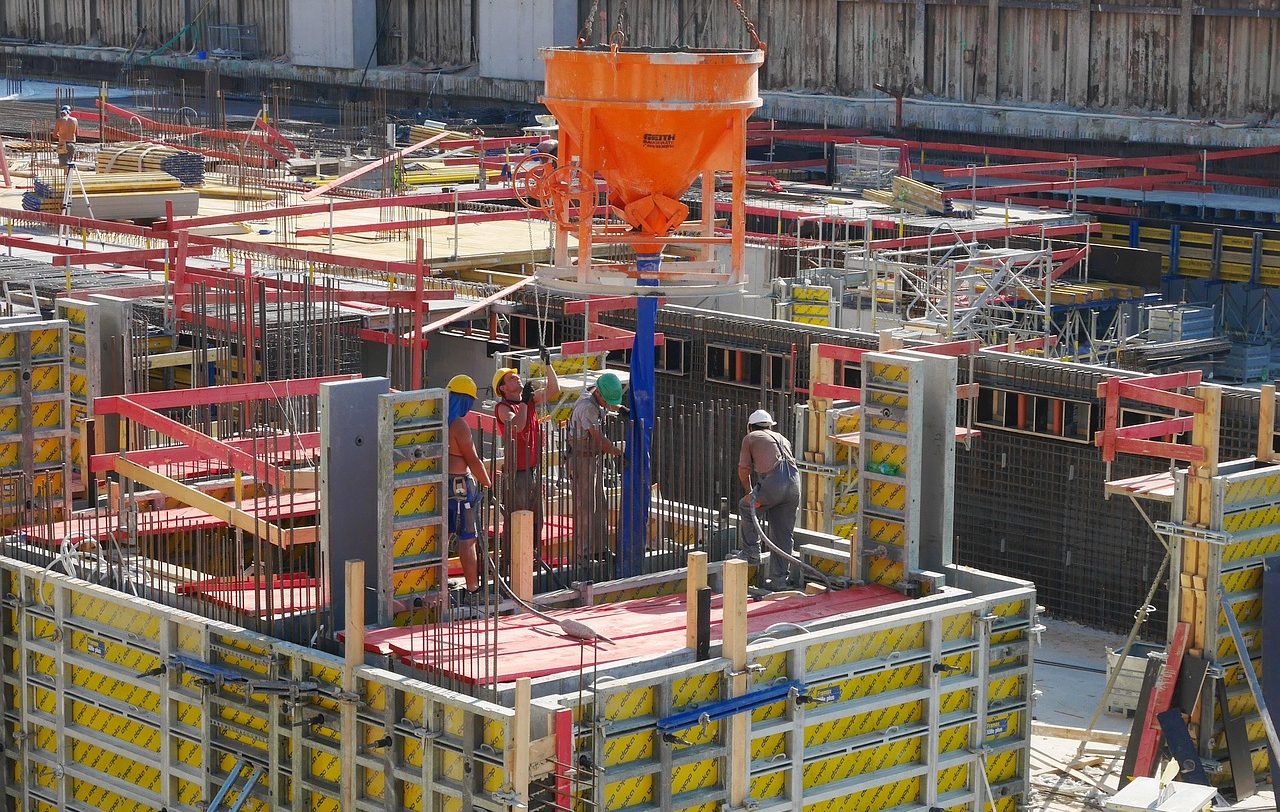
Wages in Hungary have increased at the fastest rate among OECD countries between 2012 and 2022.Continue reading

In the second quarter, the average gross hourly wage of skilled and semi-skilled manual workers was HUF 2,104 (EUR 5.16), a 13.5 percent increase compared to HUF 1,853 (EUR 4.75) in the same period last year, Trenkwalder and Moore Hungary announced.
Trenkwalder, a temporary staffing and recruitment agency, processed the wage data of almost 7,000 workers in its analysis. Based on the geographical breakdown, they found that
while the average wage in Northern Hungary, Northern Great Plain and South Transdanubia ranges between HUF 1,750 and HUF 1,900 (EUR 4.48 and 4.87), in other regions the average wage is above HUF 2,000 (EUR 5.12).
Central Transdanubia and Central Hungary, including the capital, are moving upwards: in the former region the average hourly wage is already HUF 2,300 (EUR 5.89), while in the latter it has reached HUF 2,750 (EUR 7.05).
The statement quoted Viktor Hamrák, Service Delivery Director at Trenkwalder, as saying that this was the third quarter in a row in which falling inflation had led to a renewed strong increase in real wages, which could compensate for the negative effects of the significant price increases of recent years.
At the same time, consultancy and accounting firm Moore Hungary examined the pay data of almost 500 middle managers working in the Hungarian subsidiaries of more than 60 international companies.
For employees working in the gross monthly salary range between HUF 800,000 and HUF 1.2 million (EUR 2,050 and 3,075), the average wage increase in the second quarter of this year was 10.7 percent compared to the same period last year.
Commenting on the 10 percent-plus wage increase among middle managers, Moore Hungary Managing Director Péter Hajnal noted that this represents a massive 7 percent increase in real wages for this group of employees.
Via MTI; Featured image via Pixabay